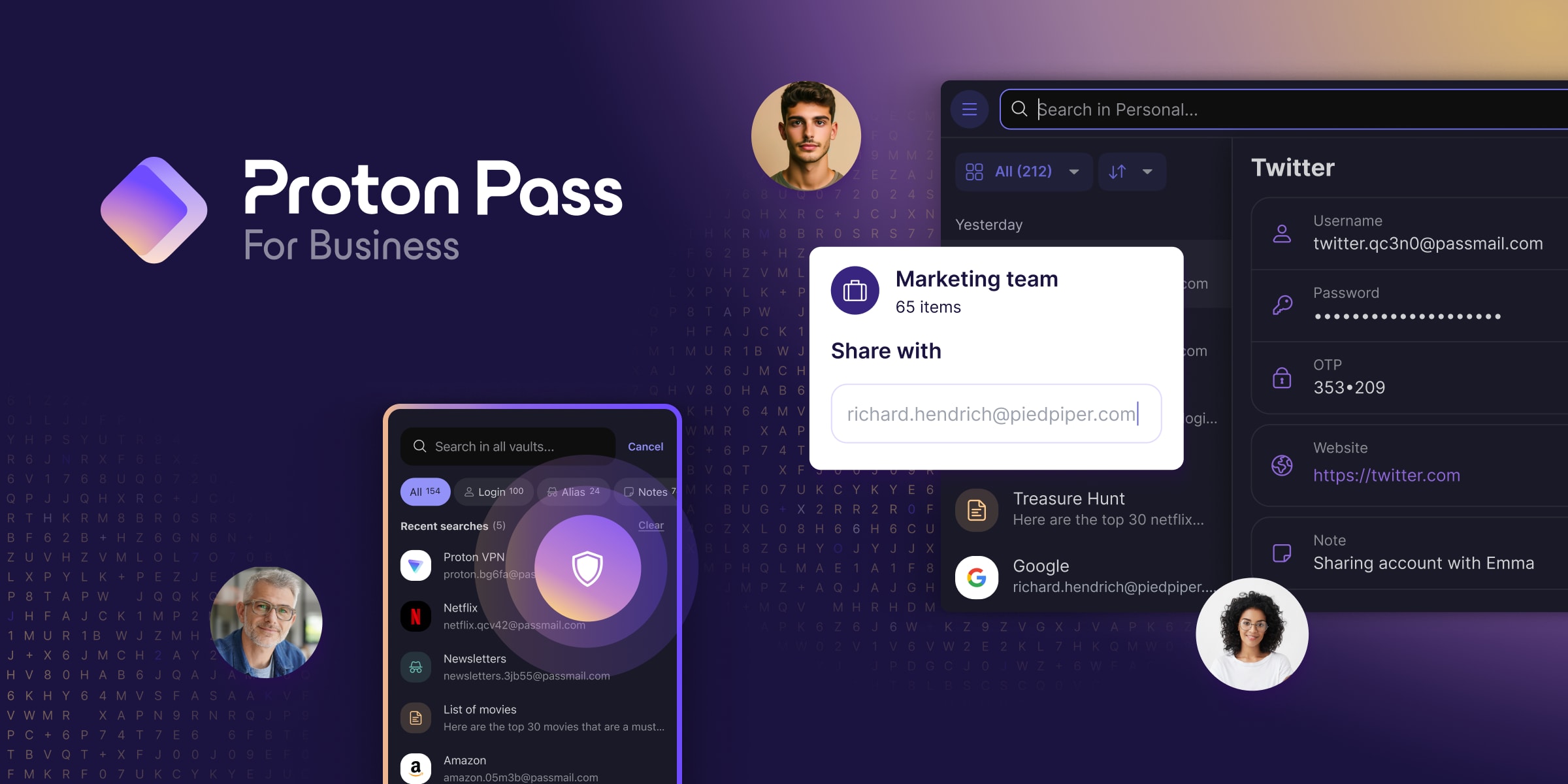UPDATE Sept 23, 2023: On Sept. 18, members of the US House of Representatives and Senate introduced the Banning Surveillance Advertising Act(new window), which would prohibit advertising networks and facilitators from using protected class information, such as race, gender, and religion, or personal data purchased from data brokers to target ads. This would be a massive blow against the surveillance capitalism business model and could help transform the internet.
Recently, the Norwegian Consumer Council published a report calling for a ban on surveillance-based ads. In solidarity, Proton joined the other undersigned organizations in sending the following letter on Wednesday, July 7th, to EU and US regulators. We encourage them to take action against surveillance-based advertising during legislative sessions and any relevant privacy discussions.
Surveillance-based advertising permeates the internet today, creating a number of highly problematic issues for both consumers and businesses.
On June 23, a broad coalition(new window) of consumer rights organizations, civil rights groups, NGOs, as well as academics, researchers, privacy experts and enthusiasts — all concerned individuals — called on regulators to stop the invasive and privacy-hostile practices related to surveillance-based advertising.
In the EU, they urged regulators to consider a ban on surveillance-based advertising as a part of the Digital Services Act. In the US, they urged legislators to enact comprehensive privacy legislation.
We are a group of businesses who write to you today to show our support to this initiative. We represent small, medium and large businesses who all believe — and demonstrate on a daily basis — that it is possible to run profitable companies without exploiting the privacy of individuals.
In addition to the clear privacy issues caused by surveillance-based advertising, it is also detrimental to the business landscape.
In the surveillance-based advertising model, a few actors can obtain competitive advantages by collecting data from across websites and services and dominant platform actors can abuse their positions by giving preference to their own services.
These practices seriously undermine competition and take revenue away from content creators. Anti-competitive behaviour and effects serve to entrench dominant actors’ positions while complex supply chains and ineffective technologies lead to lost revenues for advertisers and publishers.
It is also difficult for consumers to distinguish between ‘good’ and ‘bad’ actors in the digital sphere, which means that legitimate actors, amongst them many small and medium sized enterprises, are directly affected by the actions of unscrupulous companies.
This harms consumers and businesses, and can undermine the cornerstones of democracy.
Although we recognize that advertising is an important source of revenue for content creators and publishers online, this does not justify the massive commercial surveillance systems set up in attempts to “show the right ad to the right people”.
Other forms of advertising technologies exist, which do not depend on spying on consumers, and alternative models can be implemented without significantly affecting revenue. On the contrary — and that we can attest to — businesses can thrive without privacy-invasive practices.
We encourage you to take a stand and ban surveillance-based advertising.
With kind regards,
- Vivaldi Technologies, Jon von Tetzchner, CEO & Tatsuki Tomita, COO
- Fastmail Pty Ltd, Bron Gondwana, CEO
- Conva Ventures Inc., dba. Fathom Analytics, Jack Ellis & Paul Jarvis,
Directors - Proton AG, Dr. Andy Yen, CEO
- Tutao GmbH, dba. Tutanota, Matthias Pfau, Co-Founder and CEO
- Duck Duck Go, Inc., Gabriel Weinberg, Founder and CEO
- Disconnect Inc., Casey Oppenheim, Co-founder and CEO
- Mojeek Limited, Colin Hayhurst, CEO
- Ecosia GmbH, Christian Kroll, CEO
- Startpage & StartMail, Robert E.G. Beens, Co-Founder and CEO
- Nextcloud GmbH, Frank Karlitschek, Founder and CEO
- Kobler, Erik Bugge, CEO
- Strossle International, Håkon Tillier, CEO & Rickard Lawson, CMO
- Mailfence, Patrick De Schutter, Co-Founder and Managing Director
Feel free to share your feedback and questions with us via our official social media channels on Twitter(new window) and Reddit(new window).










